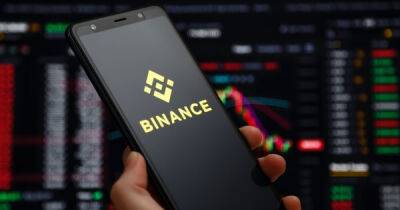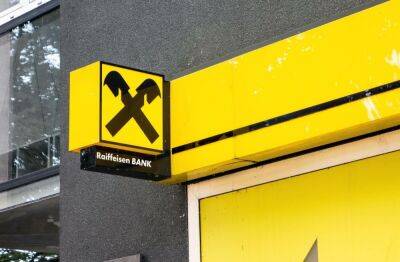Unlocking agriculture’s full potential with blockchain and innovative tech
Blockchain has been recognized for its potential to transform finance and other industries that rely on data, but what happens when innovation meets the world’s oldest industry — agriculture? It turns out that blockchain has a lot to offer to the food and agriculture sectors, especially when merged with other innovative technologies such as artificial intelligence (AI), satellites and the Internet of Things (IoT).
The agricultural sector can join the tech revolution to upgrade every aspect that has to do with transactions and data. For example, blockchain could streamline processes related to the supply chain by increasing traceability and bringing automation to the table.
A report from InsightAce Analytics found that blockchain in the agriculture and food supply chain is a market valued at over $280 million as of 2022, and is expected to grow to over $7 billion by 2031, demonstrating a compound annual growth rate (CAGR) of 43.76% during that period.
Thanks to its unique architecture that involves decentralization, blockchain ensures the highest possible degree of transparency and traceability, which are key elements in the agricultural sector. Decentralized networks enable participants, including farmers, producers, retailers and exporters, to monitor and address major challenges showing up in the supply chain. Eventually, blockchain records can be used for analysis purposes to improve various aspects of the supply chain.
The adoption of blockchain in agriculture can also help regulatory compliance and reporting. By ensuring the provision of accurate, up-to-date, tamper-proof data, stakeholders can make better-informed decisions and implement proper corporate governance. Decentralized networks also simplify the distribution
Read more on cointelegraph.com













